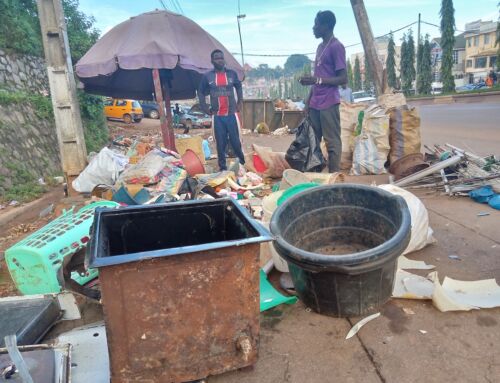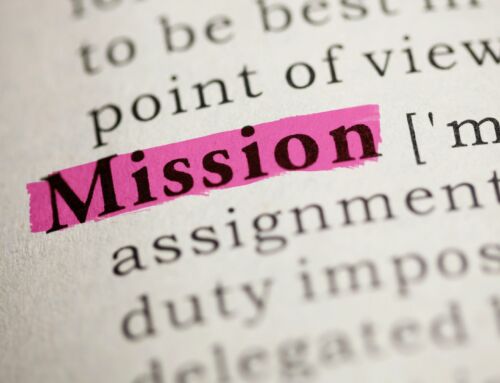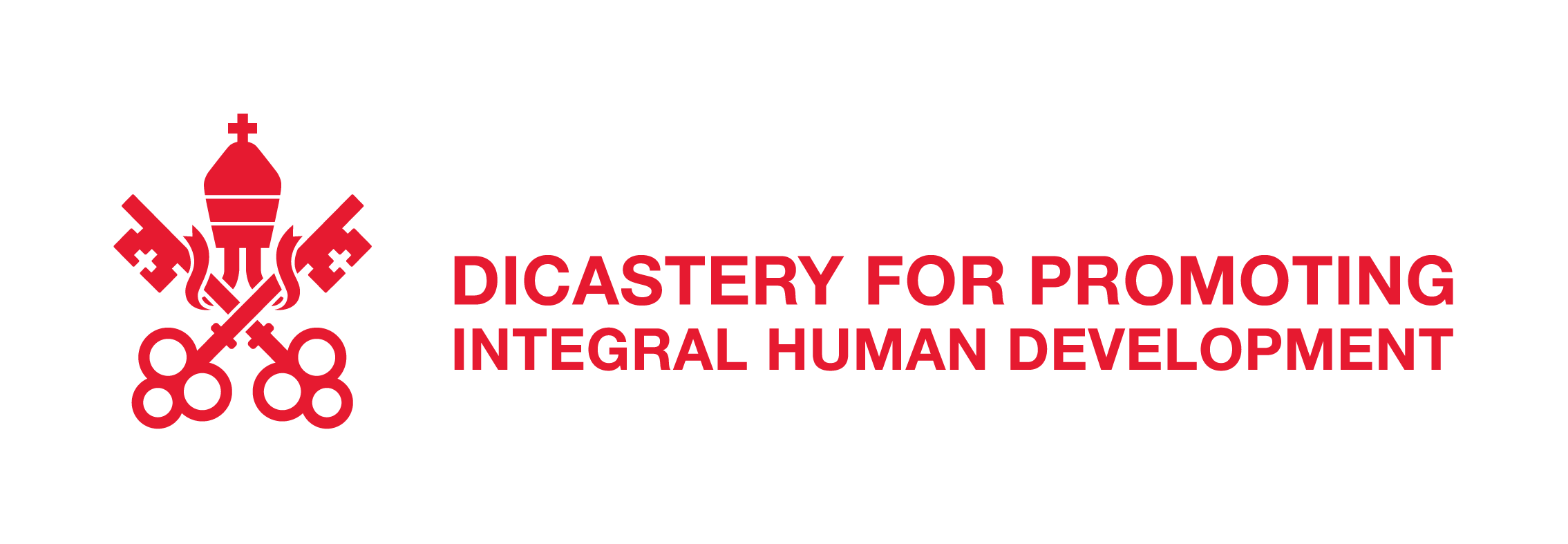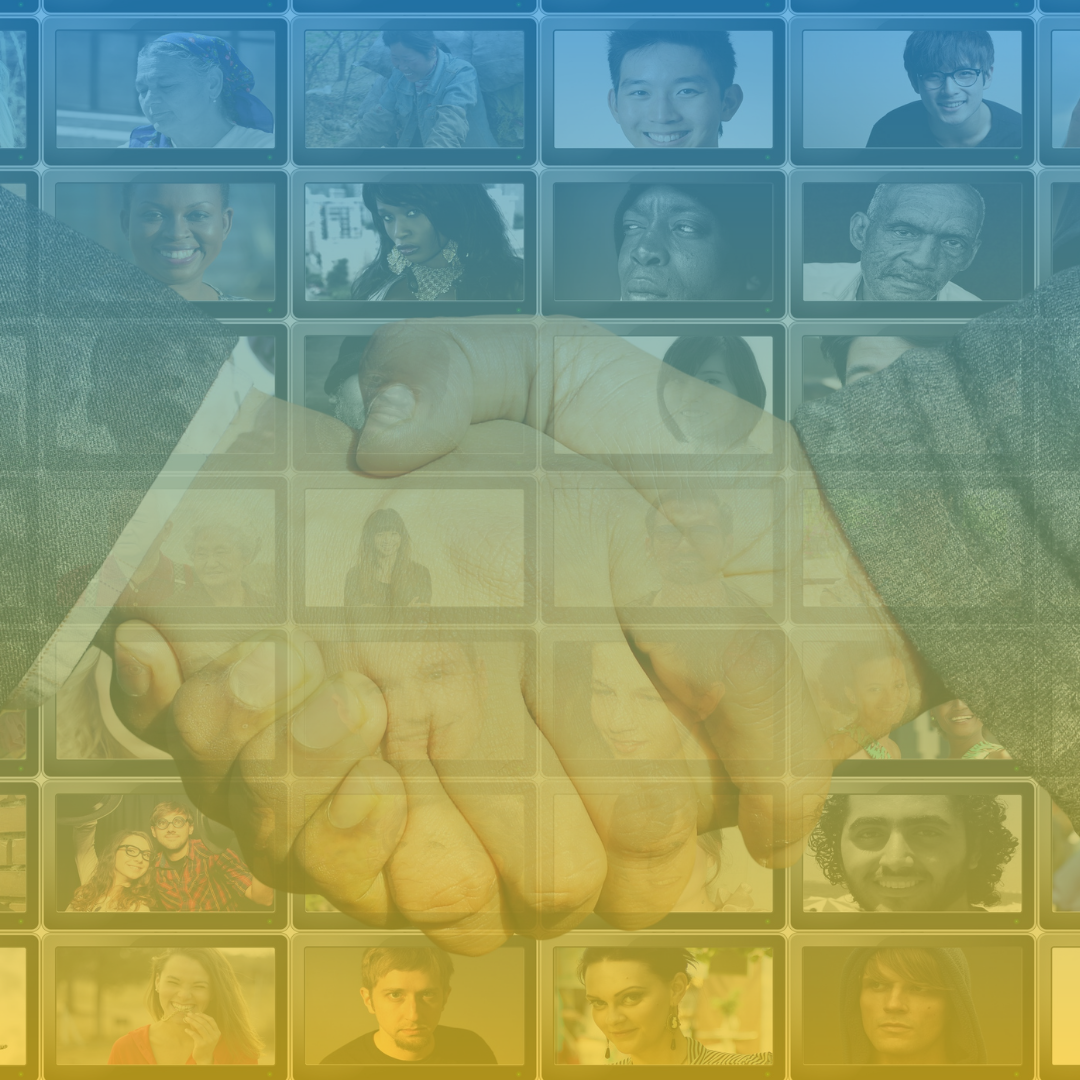
#Ukraine. An economy with soul must be grounded in peace
By: Diana Salgado and Si Chun Lam
As editors of the Contemporary Challenges section of the EoF ProView, we envisioned starting this section with something more positive, but given the extraordinary situation facing Ukraine in the sad reality we live in these days, inevitably this brings us to adjust our plans.
It is with great shock, sadness and sorrow to witness the acts of war in the very heart of Europe. How can it be that, in the 21st century, nations are still using force to solve their geopolitical and geoeconomic goals, neglecting human wellbeing?
Our different perspectives:
Si Chun Lam: From the edge of Europe, in the United Kingdom, it is difficult to put my feelings into words: it is the words of ordinary Ukrainians who we should be listening to, rather than the words of us from the safety and sanctuary of the UK. And yet, as a citizen of Europe, as a citizen of the World, the atrocious actions of the Russian regime under Vladimir Putin have lasting implications for us all – for the acts of war against Ukraine is not only an act against one country but against the very essence of human dignity. And so, to not speak out also feels wrong.
Diana Salgado: I am lucky and fortunate to have been born and live in a country (Portugal) where wars are a relatively distant past. Watching what has been happening in different parts of the world, and now in Ukraine, is absolutely strange and devastating, leading me to question how this is still possible nowadays. How can the interests and strategies of some override the dignity and survival of many others? Living in an increasingly global era, let us not be under the illusion that this is a war of just a few, more or less distant from our own reality. This war touches us all and we can not continue our life’s as it doesn’t!
Ian Horughiy: From the very heart of Ukraine (Kyiv), I see the outbreak of war with my own eyes. It is hard for me to be objective. Still, I’ll try to use a scientific approach to give a short overview of the economic reasons behind the strategic behaviour of the main actors of the unfolding conflict. The key to understanding any conflict is to see how the surplus value is created and distributed. All the resources that earth grants us to make this surplus-value are scarce, and humanity has not yet invented a way to distribute it rationally. Any conflict arises in case some country is not satisfied with its position and tries to influence this distribution for its own benefit. Russia was accumulating financial assets by exporting natural resources for 30 years. But after the 2008 global crisis, central banks all around the world have embraced an unconventional monetary policy that has led to an outbreak of inflation worldwide. Exchanging resources into money is not rational for Russia now. Resources are scarce, while money can now be created out of thin air with no limits, depreciating vast savings, accumulated by net exporters like Russia. This fundamental change of macroeconomic landscape creates tensions between countries with net current account surpluses (like Russia, China, etc) and countries with net current account deficits (such as western economies like US and UK). Unfortunately, Ukraine has found itself at the wrong time and in the wrong place, just in the middle of these tensions outbreaking into a full-scale war.
As The Economy of Francesco, we are a community and a collective seeking to build an economy that is fair, sustainable and inclusive, with no one left behind – and for this reason, the unfolding atrocity and human suffering in Ukraine also have everything to do with the Economy of Francesco. Instead, an economy with a soul must be one bound by rules and reciprocity; grounded in peace; governed by checks and balances; with world resources distributed on an equitable basis to prevent excessive social polarisation, revolution, and wars; guarantees fundamental human dignity; including the human right and obligation to debate, decide, and determine our own future.
«An economy with a soul must be one bound by rules and reciprocity; grounded in peace»
There are those who feel that the West should do more, possibly through military intervention. And yet, that is fraught with risk: to not intervene feels wrong – as we face the aggression that threatens the established world order and security architecture built since the collapse of the Soviet Union. And yet, any direct military intervention from our Governments is fraught with far greater risk and could easily escalate and lead to further human suffering on a much greater scale and bring us further from peace for ordinary women, men, and children.
Speaking to ordinary Ukrainians, and for all Russians who do not see themselves in the position of their president, we feel hopeless – none of our thoughts, prayers, words, or actions feel like they can possibly do anything to change the strategy picked by Russia’s autocratic regime or do anything whatsoever to address the sheer horror and anxiety that ordinary Ukrainian women and men are facing – whether they remain in the country, wondering if and when their country will be taken on its knees by the destruction of critical infrastructure and humanitarian crisis due to military actions on their territory; or if they are outside of the country – worried sick for the safety of their family and friends back at home.
And yet, despite all the feelings of despair, we must remain hopeful, and do what is in our power to reduce human suffering and give hope – just as every crack in the pavement is an opportunity for a fresh leaf or plant to emerge from the ground.
By looking all around us, we can see that there are shoots of hope all around us: across cities in Russia, there are ordinary Russian people who are appalled by the war waged by their rulers, and unafraid to put themselves in grave danger of arrest by protesting against it. Meanwhile, Ukraine’s neighbours, including Poland and Hungary, countries with Governments whose actions have often run roughshod over the rule of law, ordinary people in cities and towns dotted around the border are welcoming Ukrainian refugees with open arms, escaping from the horrors of war.
Most of all, in Ukraine itself, there are ordinary people doing the most extraordinary thing, and that is, trying to survive shelling and street fights, accumulate enough food to be able to leave out weeks without critical infrastructure, and doing everything else that they can do in the face of the horrors of war.
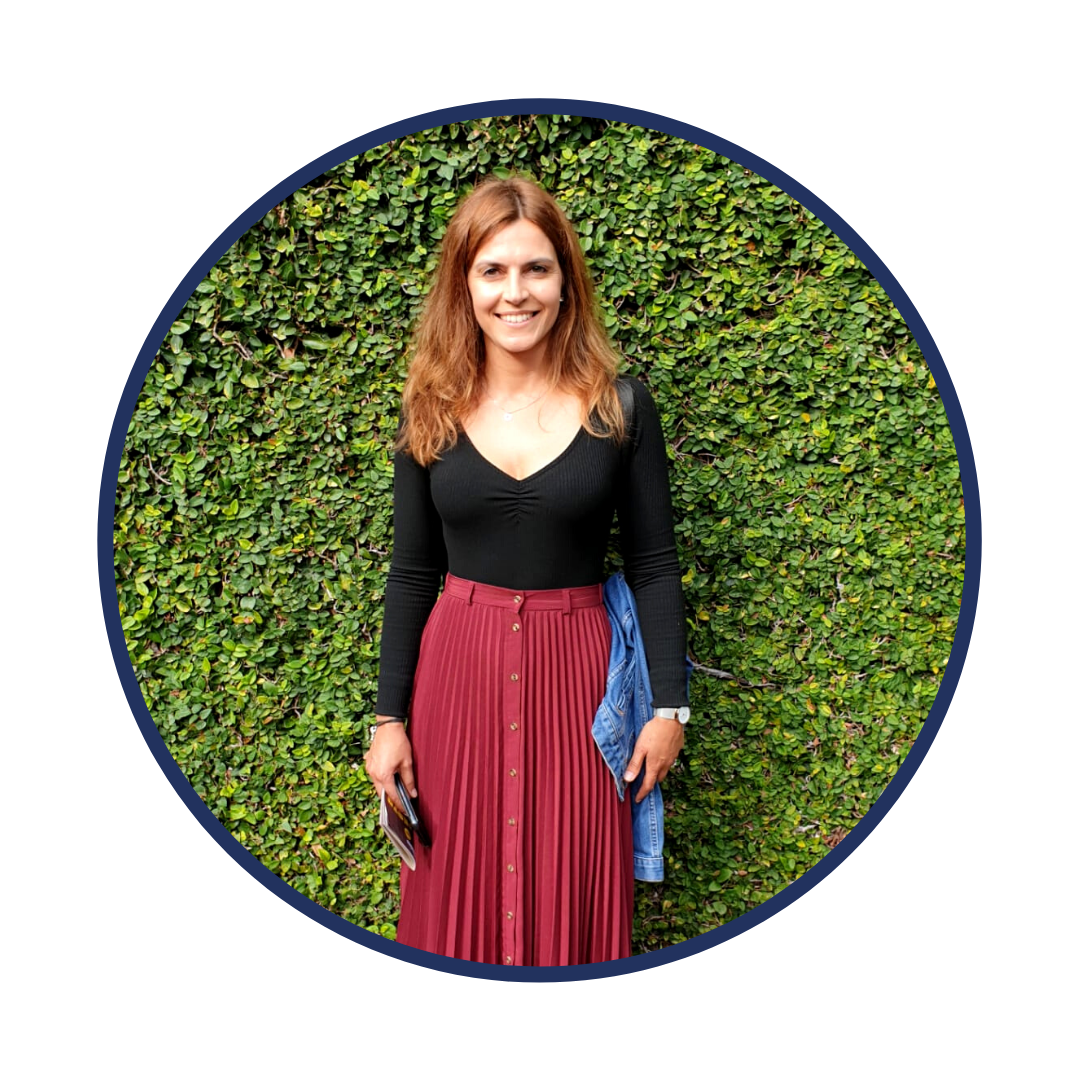
DIANA SALGADO
Porto, Portugal. Occupational therapist working in public regular schools promoting the inclusion of children with disabilities; The Economy of Francesco CO2 of Inequalities Village.

SI CHUN LAM
Coventry, United Kingdom – Insight Development Manager, Place and Public Sector, Coventry City Council working to make a lasting difference to improve the health and wellbeing of local communities; The Economy of Francesco Policies and Happiness Village.
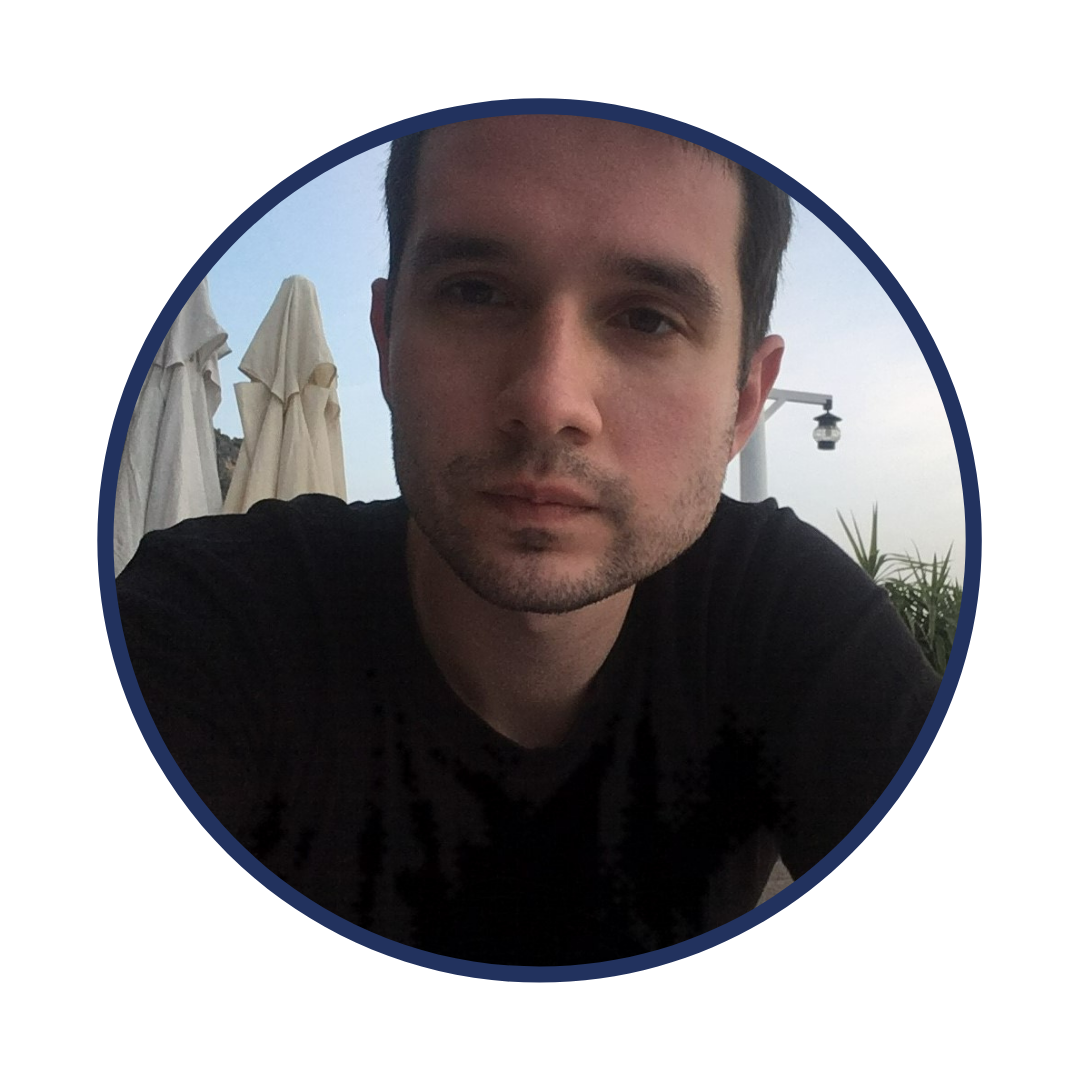
IAN HORUGHIY
Kyiv, Ukraine. Program Manager, Ministry of Digital Transformation of Ukraine; The Economy of Francesco CO2 of Inequalities Village.

